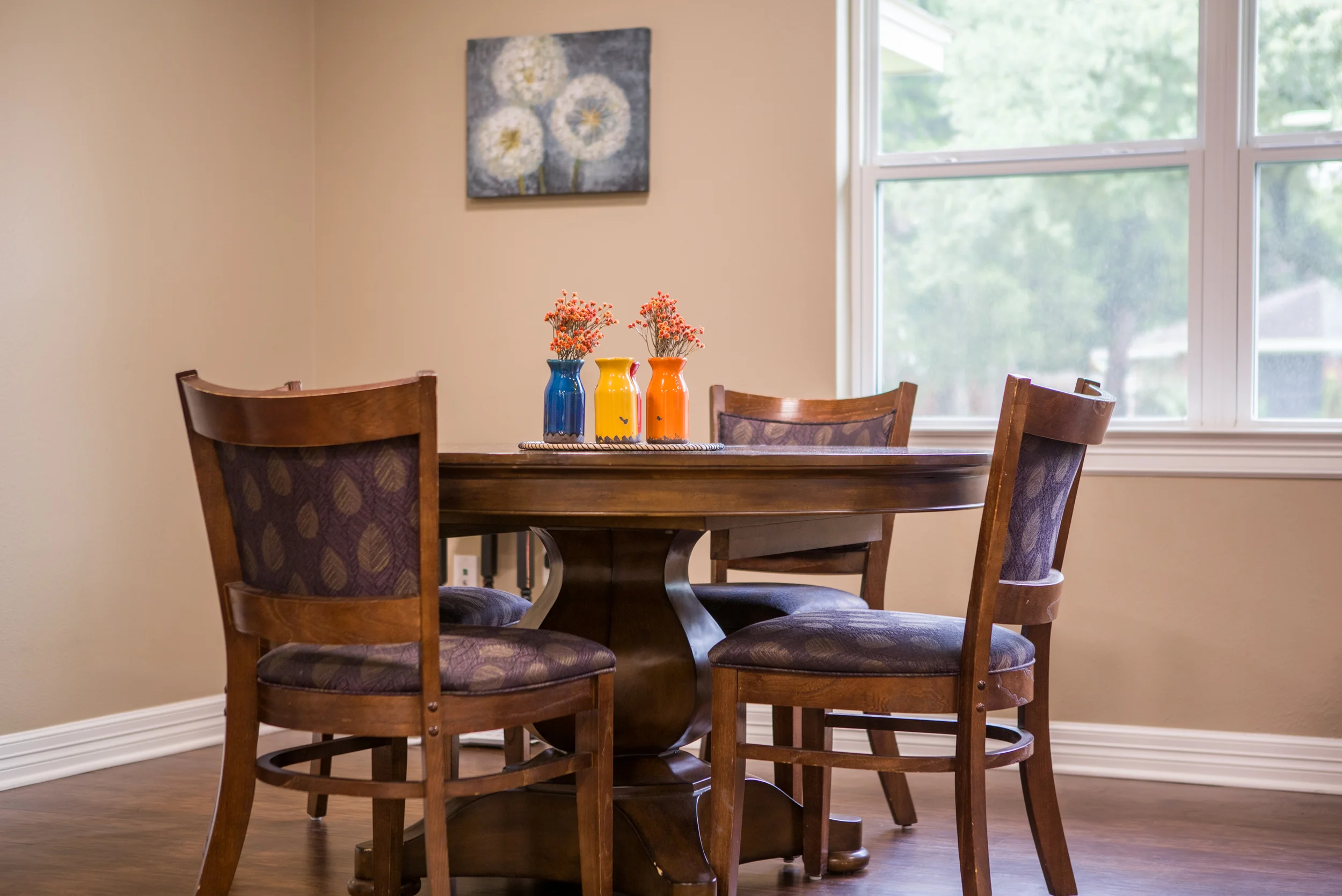Having the Talk
It can be hard to raise the subject of long term care with your parent or loved one. Rarely is there a clear point in which living at home is no longer practical. Usually, as physical and mental capacity slowly diminishes, the burden of care slowly shifts onto the family and eventually becomes impossible to sustain.
Everyone ages, and all of us will reach a point when we need help with daily activities. There’s no shame in getting older, though someone who has only known independence for many years may feel embarrassed to need a caregiver. That embarrassment may manifest itself as denial or obstinacy and may make the necessary conversation concerning long term care that much more difficult. Ideally, families would discuss future care options regularly and begin those discussions years before a decision is required. But in reality we rarely want to think about end-of-life issues, and the conversation is often continually postponed.
Here’s some practical advice if you feel that your loved one is approaching the day when they need consistent care and supervision:
- Listen. Respect the wishes of your loved one, and make it clear that you want what is best for them. Work to understand the ideal living situation for your loved one.
- Be prepared. Do your research ahead of time so that you can help your loved one understand the options for senior care. Is Assisted Living the right choice? Would your loved one prefer the amenities of a large facility or the intimacy of a small home?
- Be honest. Most parents do not want to become a burden on their children, but they may not realize the time, energy, and money their care requires of you. Lovingly communicate how a senior care residence might be best for everyone.
- Be patient. Return to the issue periodically if you sense resistance. Avoid showing frustration or anger, and continue to empathize with the life change such a move would require.
- Enlist a partner. Discuss this issue with other people in your loved one’s life such as his/her friends, a family physician, a clergy member, or his/her spouse.

